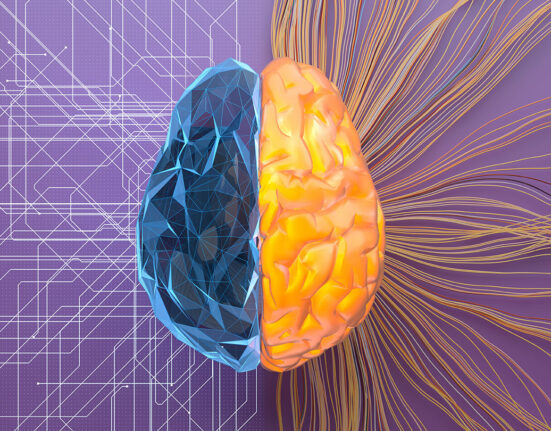Join our daily and weekly newsletters for the latest updates and exclusive content on industry-leading AI coverage. Learn More
Open-source artificial intelligence has reached a watershed moment, challenging the long-held dominance of proprietary systems and promising to reshape the AI landscape.
This week, two significant developments have propelled open-source AI models to the forefront of technological capability, potentially democratizing access to cutting-edge AI tools.
On Tuesday, Mark Zuckerberg, chief executive of Meta, unveiled Llama 3.1, declaring it had achieved “frontier-level” status.
This bold claim suggests that Meta’s freely available AI now rivals the most advanced systems from industry leaders like OpenAI, Google, and Anthropic.
Just a day later, Mistral, an emerging French AI lab, released Mistral Large 2, a model that reportedly matches or surpasses existing top-tier systems, particularly in multilingual applications.
These back-to-back releases mark a pivotal shift in the AI world. For years, tech giants have jealously guarded their most powerful AI models, citing concerns over safety, potential misuse, and competitive advantage.
This week’s developments have shattered that paradigm, igniting debates about equity, innovation, and the ethical implications of democratizing such transformative technology.
Industry experts are hailing this week’s developments as a potential turning point in AI history, comparable to pivotal moments that have sparked technological revolutions in the past.
The sudden availability of frontier-level open-source models is expected to dramatically accelerate AI development globally, potentially reshaping entire industries and altering the balance of power in the tech world.
This rapid democratization of cutting-edge AI capabilities could usher in a new era of innovation and competition, with far-reaching consequences for businesses, researchers, and society at large.
Open-source challengers shake up the AI status quo
The implications of this week’s announcements are far-reaching. Smaller companies and individual developers can now access sophisticated AI capabilities without the hefty price tags or vendor lock-in associated with proprietary systems. This democratization could fuel an unprecedented wave of innovation, as diverse minds from around the globe contribute to and build upon these powerful tools.
However, the widespread availability of advanced AI also raises new challenges. Organizations must now grapple with how to differentiate themselves in a world where cutting-edge AI capabilities are becoming commoditized. The onus falls on business leaders and technical decision-makers to rapidly develop strategies that leverage these open technologies while adding unique value.
The geopolitical ramifications of this shift are equally significant. As AI becomes increasingly central to national competitiveness, the proliferation of open-source models could alter the global balance of power in technology. Countries and regions that effectively harness these openly available resources may gain significant advantages in AI development and application.
A double-edged sword: The thrilling and terrifying dawn of AI for all
Despite the excitement, skeptics urge caution in accepting claims of parity with top proprietary models at face value.
The AI field is known for its rapid advancements and shifting benchmarks, making “frontier-level” a moving target. Moreover, raw model capability is just one factor in AI system effectiveness; data quality, fine-tuning, and application-specific optimizations play crucial roles in real-world performance.
The abrupt open-sourcing of frontier-level AI also intensifies ongoing debates about AI safety and ethics. While transparency can aid in identifying and addressing biases or vulnerabilities, it may also lower barriers for malicious actors seeking to exploit these powerful tools. The AI community now faces the urgent challenge of striking a delicate balance between openness and responsible development.
For policymakers, this week’s developments underscore the critical need for adaptive regulatory frameworks that can keep pace with technological advancements while ensuring public safety and ethical use of AI. The tech industry may need to rapidly reevaluate business models and competitive strategies in a landscape where cutting-edge AI capabilities have suddenly become widely accessible.
Navigating the new frontier: Collaboration, ethics, and the future of AI
As the dust settles on this landmark week, the true impact of these milestones will be determined by how effectively the global community harnesses the potential of open-source AI while mitigating its risks.
The sudden democratization of frontier-level AI has the potential to accelerate innovation, reshape industries, and fundamentally alter our relationship with artificial intelligence.
In this new era, collaboration and ethical considerations will be paramount. The open-source AI revolution promises to unlock unprecedented possibilities, but it also demands a heightened sense of responsibility from developers, businesses, and society as a whole.
As we navigate this transformative period, one thing is clear: the future of AI is becoming more open, more accessible, and more participatory than ever before, and the pace of change is accelerating rapidly.
Source link












